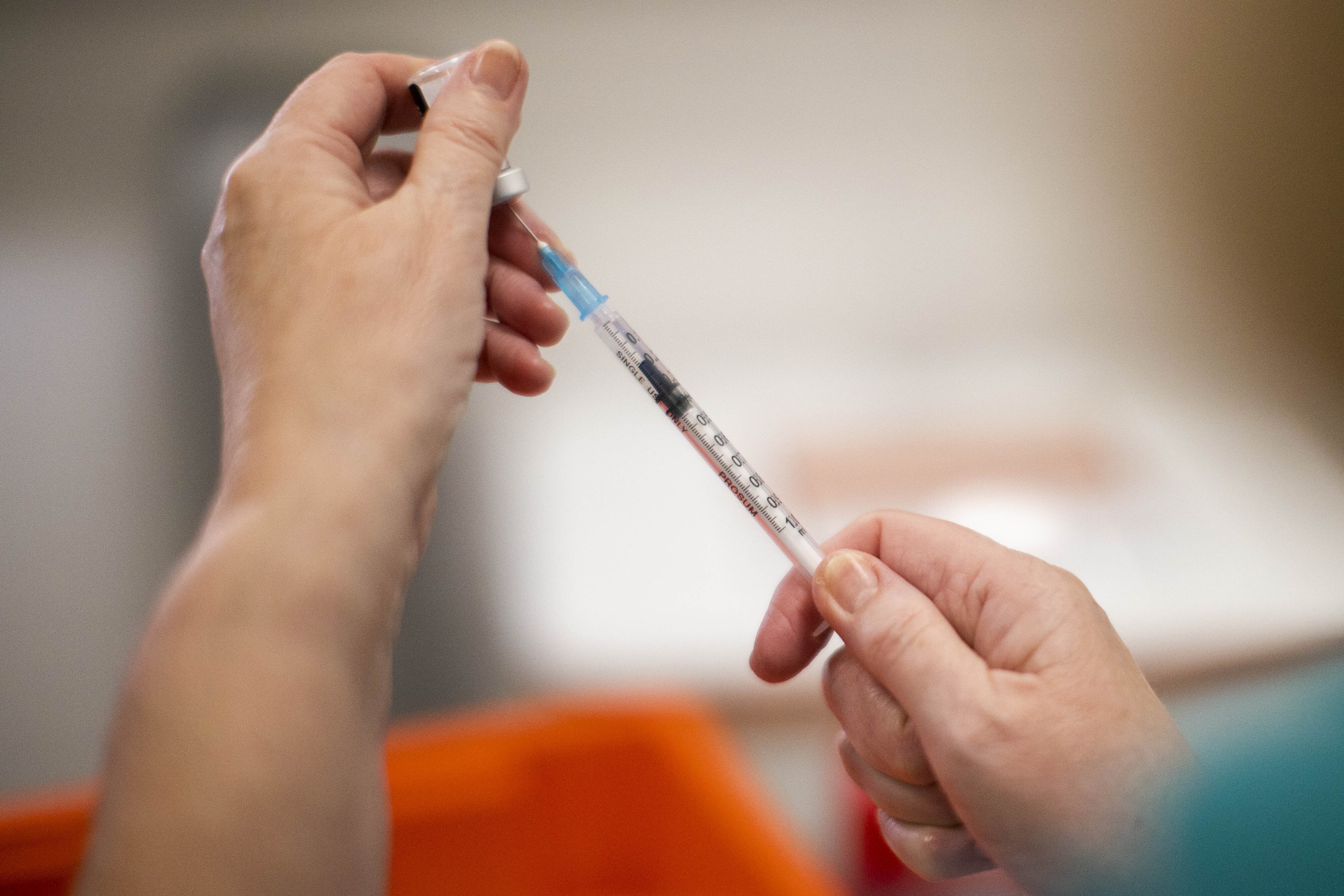Man who was in medically induced coma hails Covid drug trial for survival
John Hanna, from Inverclyde, said without the Recovery trial, he would not be here today as the study marks its second anniversary.

Your support helps us to tell the story
From reproductive rights to climate change to Big Tech, The Independent is on the ground when the story is developing. Whether it's investigating the financials of Elon Musk's pro-Trump PAC or producing our latest documentary, 'The A Word', which shines a light on the American women fighting for reproductive rights, we know how important it is to parse out the facts from the messaging.
At such a critical moment in US history, we need reporters on the ground. Your donation allows us to keep sending journalists to speak to both sides of the story.
The Independent is trusted by Americans across the entire political spectrum. And unlike many other quality news outlets, we choose not to lock Americans out of our reporting and analysis with paywalls. We believe quality journalism should be available to everyone, paid for by those who can afford it.
Your support makes all the difference.A participant of a breakthrough drug trial in treating Covid-19 has said he would not be here today if he had not been involved.
John Hanna, from Inverclyde, was so ill with the virus in 2020, he was placed in a medically induced coma.
His wife enrolled him in the Recovery trial for dexmethasone, which is now estimated to have saved one million lives around the world – including 22,000 in the UK.
That decision changed everything. Without the doctors and research teams working around the clock to find out which treatments worked, and which didn’t, I wouldn’t be here today
He said: “My wife enrolled me in the Recovery trial as a last ray of hope for treatment.
“That decision changed everything. Without the doctors and research teams working around the clock to find out which treatments worked, and which didn’t, I wouldn’t be here today.”
On June 16 2020, researchers found dexamethasone reduced deaths by up to one third in what was a breakthrough for the study which was announced on the first day of the national UK lockdown on March 23, 2020.
It was primarily funded by UK Research and Innovation (UKRI), and the National Institute for Health and Care Research (NIHR) with a joint investment of £2.1 million, after a call for research proposals in early February 2020.
After two weeks, 1,000 participants had joined the trial and five weeks later, 10,000 people had joined.
The study also found that antimalarial drug hydroxychloroquine had no clinical benefit and lopinavir-ritonavir was not effective in reducing deaths.
Prof Patrick Chinnery, clinical director at UKRI’s Medical Research Council said: “Many patient lives have been saved by using dexamethasone in patients with severe Covid-19.
“Two years on, we reflect on the incredible efforts from all those involved in the trials which helped us tackle the pandemic.”